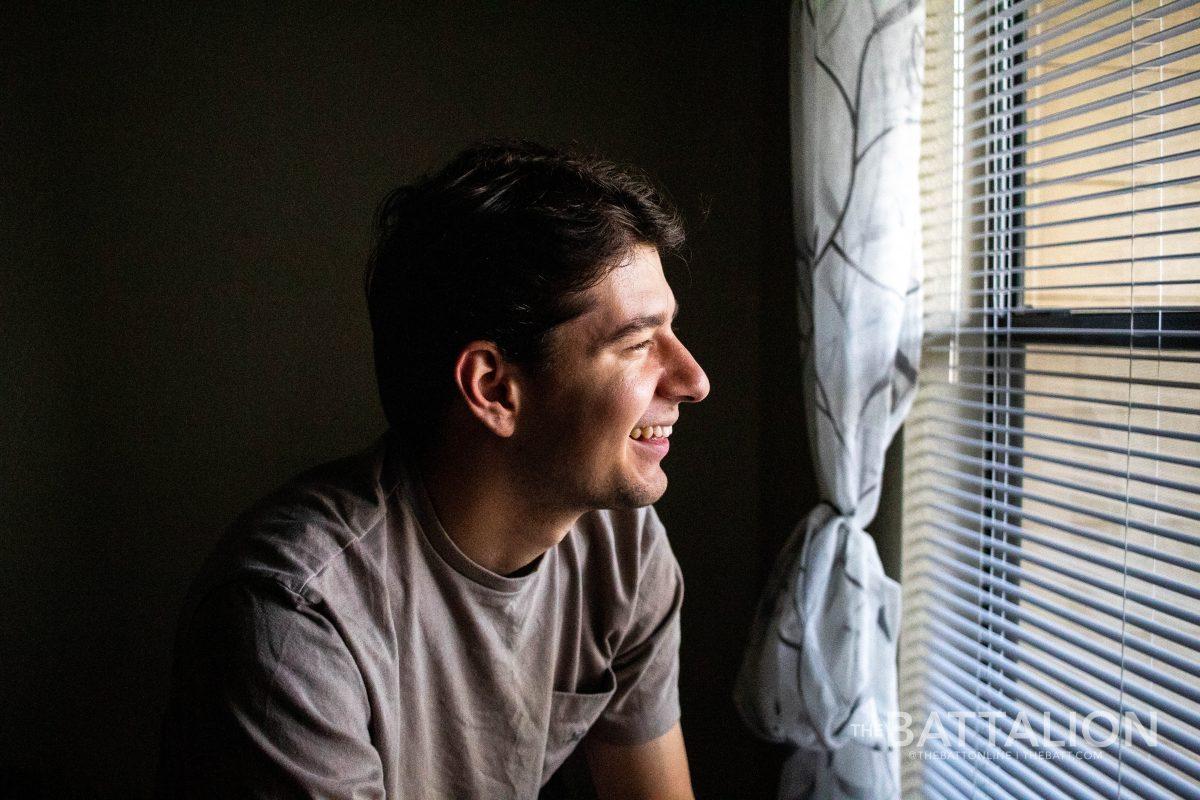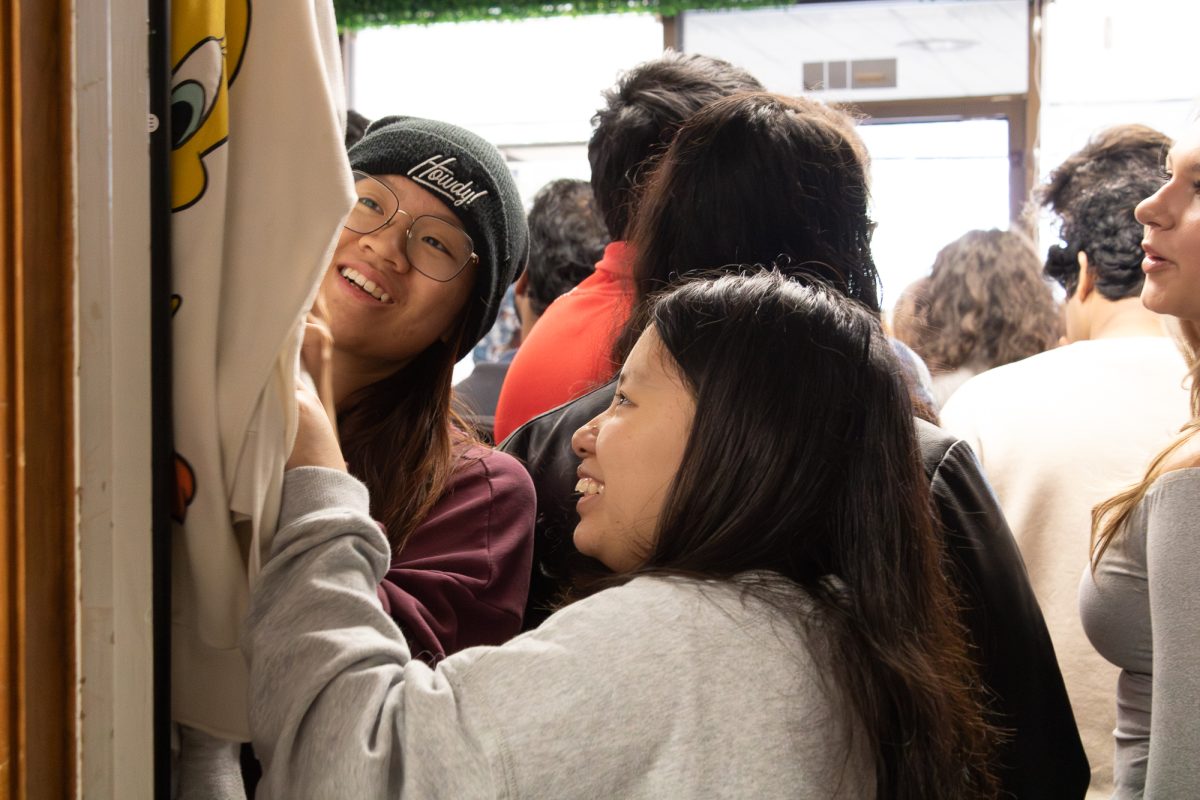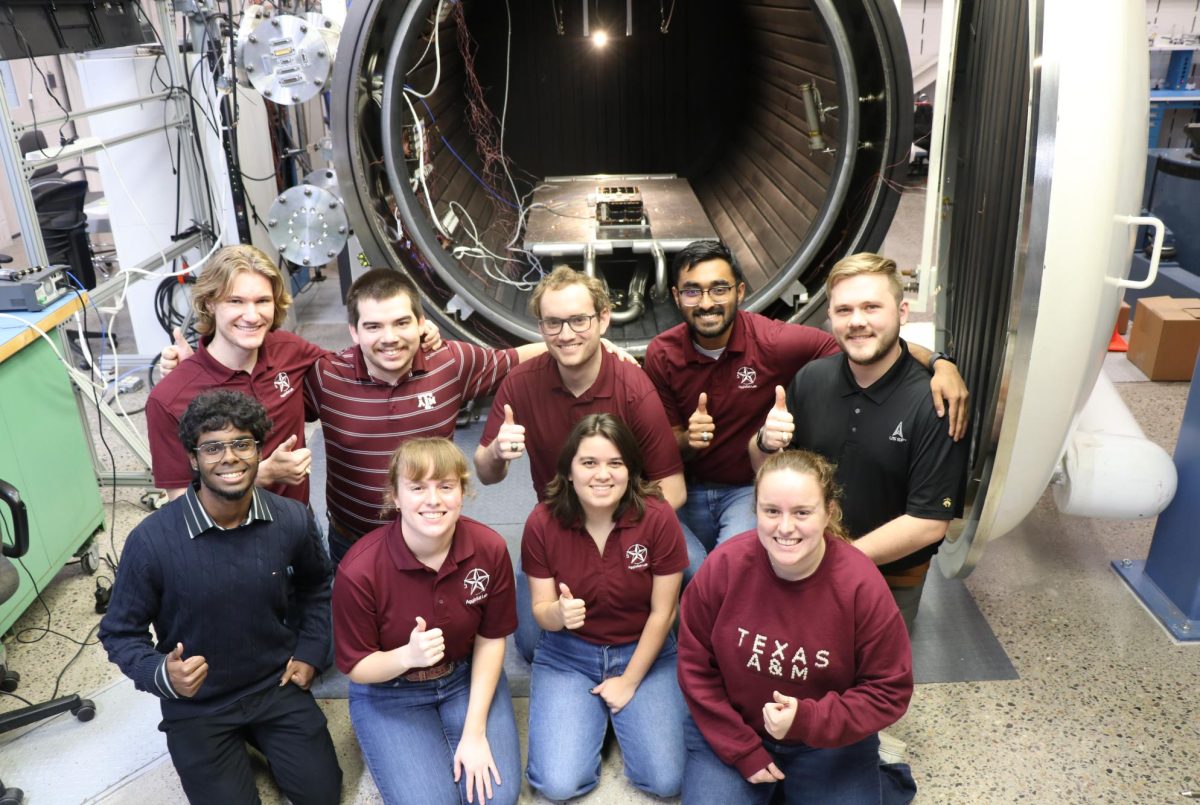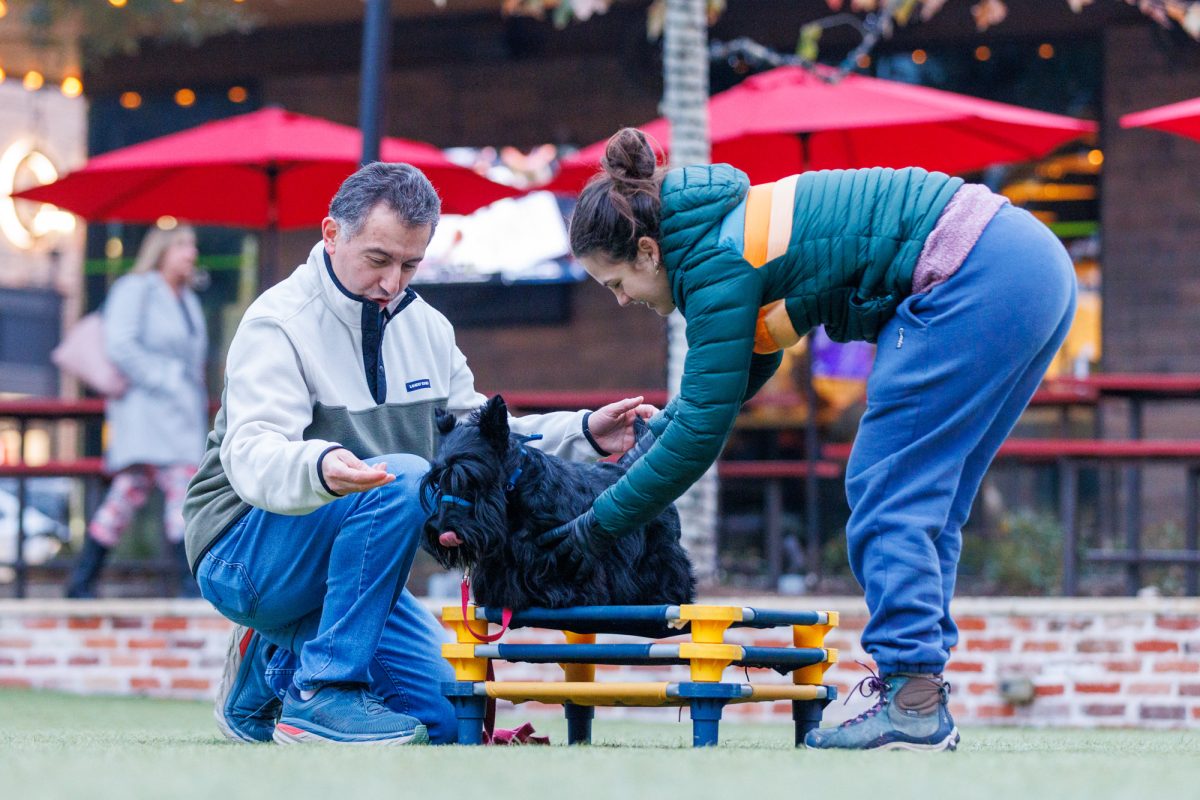The life of the average Texas A&M student is going through many changes due to the COVID-19 pandemic.
From classes being restructured to the Brazos County issuing shelter-in-place orders, Aggies are finding themselves more and more isolated. By following the advice of licensed psychologists and making sure to reach out for help when they need it, students can maintain their mental health in the midst of social distancing and quarantining.
One student who has experienced isolation due to quarantining is English sophomore Sarah Tonniges. She had to engage in self-monitoring after coming back to campus because she had been at an airport during Spring Break, and said social distancing had negative effects.
“I’ve been spending a lot more time in my head than I’m used to,” Tonniges said. “Normally, I make a point to hang out with my friends a couple times a week.”
Tonniges said the six days she spent self-monitoring by staying in her dorm room were hard for her because of how restricted and isolated she felt.
“I don’t do well in total isolation,” Tonniges said. “I’m an introvert, so I do well being alone, but I have to be able to leave and spend time with people as I want to. If I don’t, I start feeling trapped and then my stress and anxiety levels just skyrocket.”
Thankfully, there are methods for fighting against the effects of isolation. Director of Counseling & Psychological Services Mary Ann Covey said there are two main actions students can take to maintain their mental health during these times.
“One is to connect,” Covey said. “I don’t mean through Instagram or Twitter. Even Snapchat doesn’t do the same thing as a phone call or a face-to-face on Zoom. [You need to] somehow feel connected to people on a deeper level than the usual kind of check-ins. The second is to have a routine. Act as if you’re going to class. Get the sleep schedule set, do something physical, whether it’s in-house yoga or going for a walk.”
Computer science junior Eric Weiss said having people he knows living nearby has been helpful.
“Fortunately, there are 10 of us who live on this street [who know each other], so there’s plenty of community,” Weiss said. “Overall, [social distancing] hasn’t been negatively affecting me because I have plenty of people around.”
Geographic information science and technology junior Andrew Rodgers has been able to stay busy through work and socially active through interactions with his roommates.
“[Work] is distracting, so that’s a benefit,” Rodgers said. “But I think it’s more the fact that stuff goes on at work so I can come home and talk about it. I still have two roommates, so, really, it would take a lot for me to really feel alone.”
Covey said students can reach out to resources such as HelpLine if they are feeling the negative effects to mental health that self-quarantining brings.
“We have an amazing group of students, and they are there from 4 p.m. to 8 a.m. every weekday and 24/7 on weekends,” Covey said. “They are a listening, supportive ear that could really be helpful for people that feel isolated.”
Counseling & Psychological Services also has resources on their website for coping with the situations students might find themselves in due to COVID-19. Students are encouraged to visit their web page for more information.
Maintaining mental health during quarantine
March 25, 2020
Photo by Photo by Kaylee Cogbill
Three weeks after the start of online classes, students are still finding new ways to balance their school and social life.
0
Donate to The Battalion
$1535
$5000
Contributed
Our Goal
Your donation will support the student journalists of Texas A&M University - College Station. Your contribution will allow us to purchase equipment and cover our annual website hosting costs, in addition to paying freelance staffers for their work, travel costs for coverage and more!










